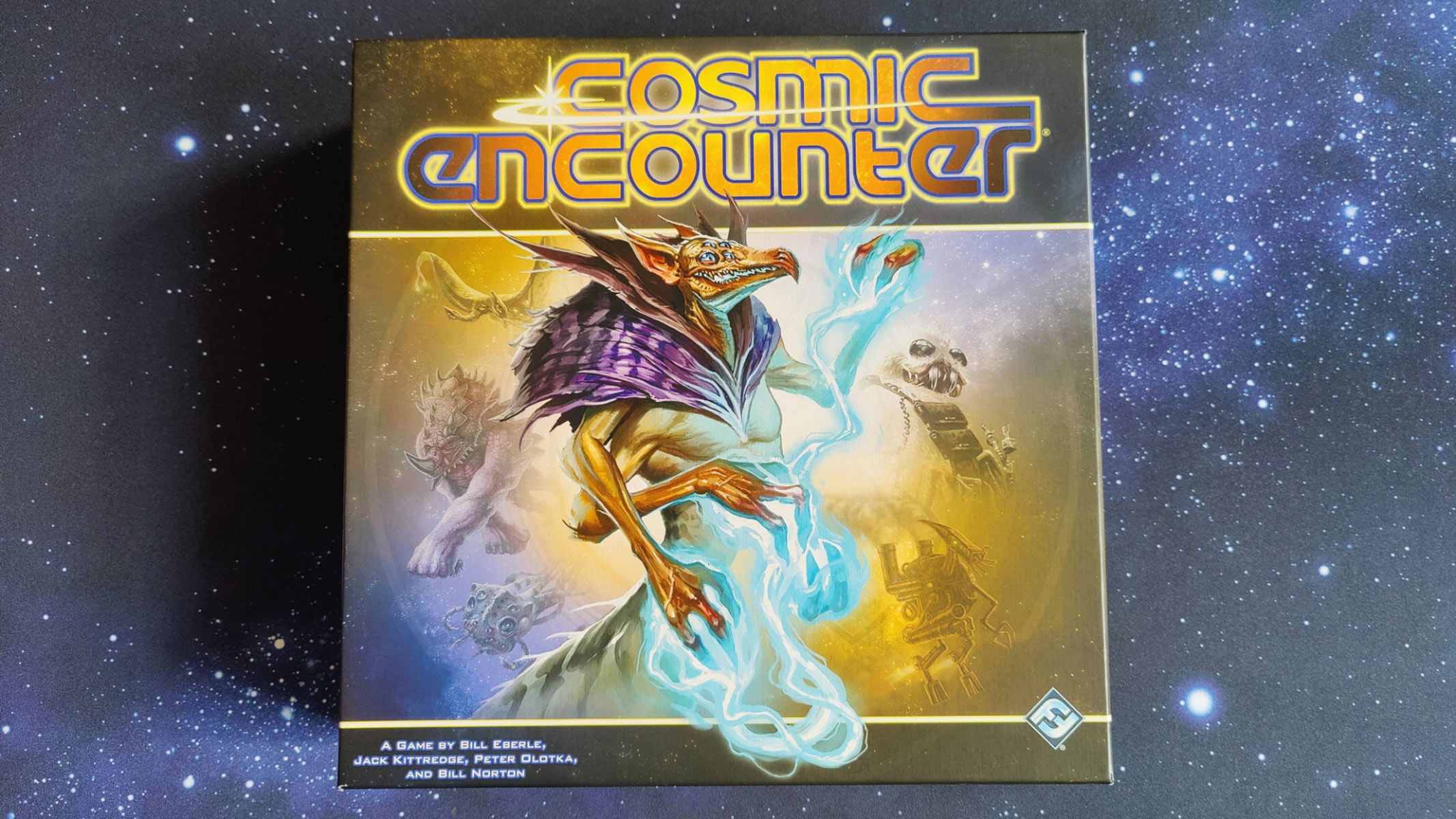Wildest Private Deep-Space Mission Ideas: A Countdown
Destination: Space
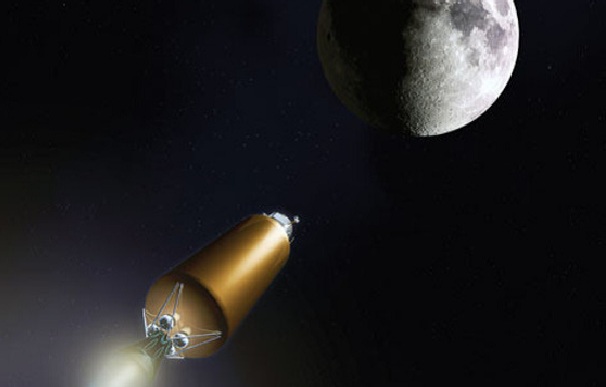
Deep space isn't just for NASA and other space agencies anymore.
A number of private companies and nonprofit organizations are planning missions to the moon, asteroids, and even Mars. Here's a brief primer.
FIRST STOP: Mars One, Red Planet Reality TV
Mars One: Reality TV
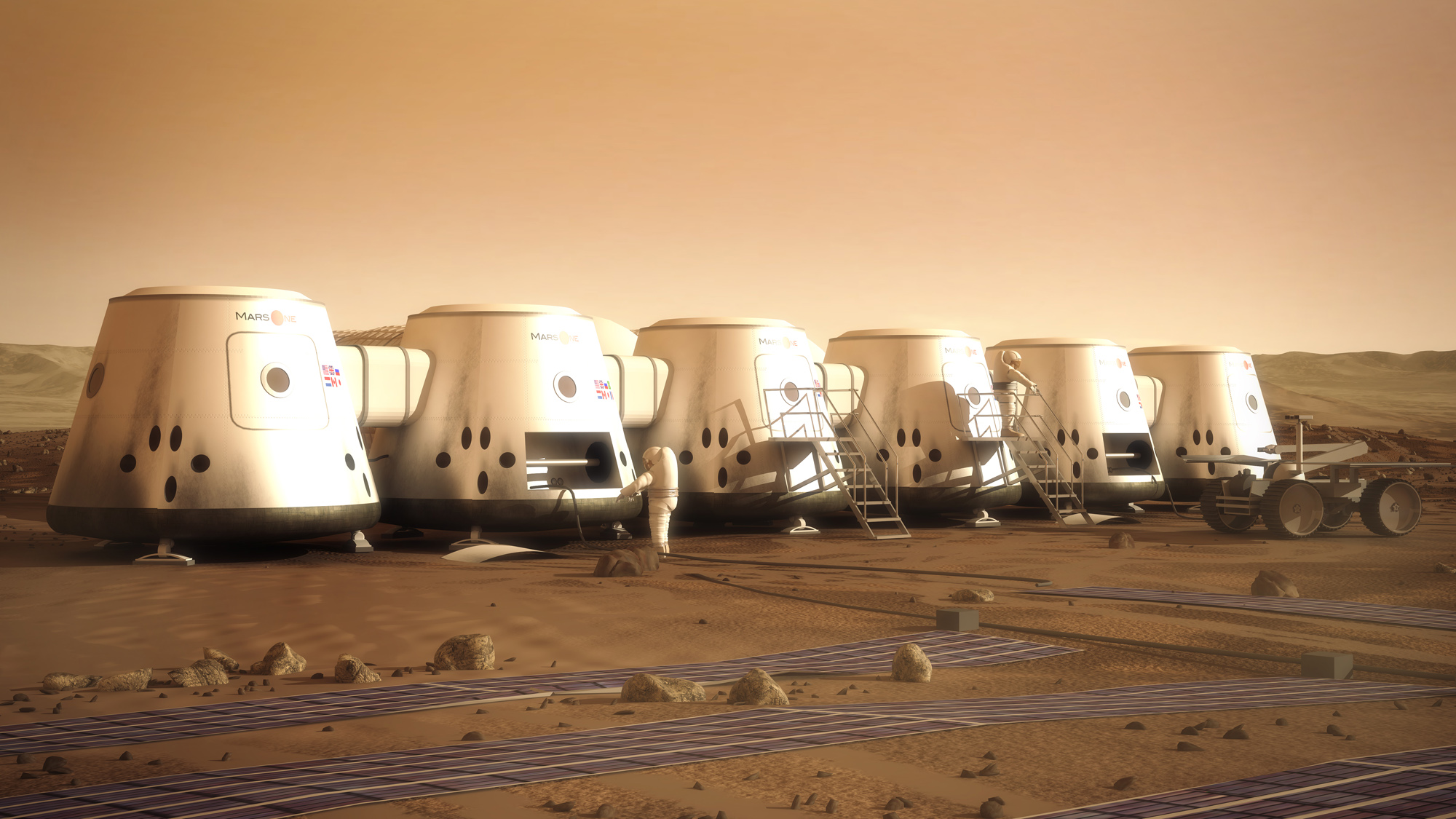
Netherlands-based nonprofit organization Mars One aims to land four astronauts on Mars in 2023. The company plans to stage a global reality-TV event around the one-way mission, with cameras following every step of the way from astronaut selection to the settlers' first years on the Red Planet. [Gallery: How Mars One's Martian Colony Project Works]
NEXT: Golden Spike to the Moon
Golden Spike: Fly Me to the Moon
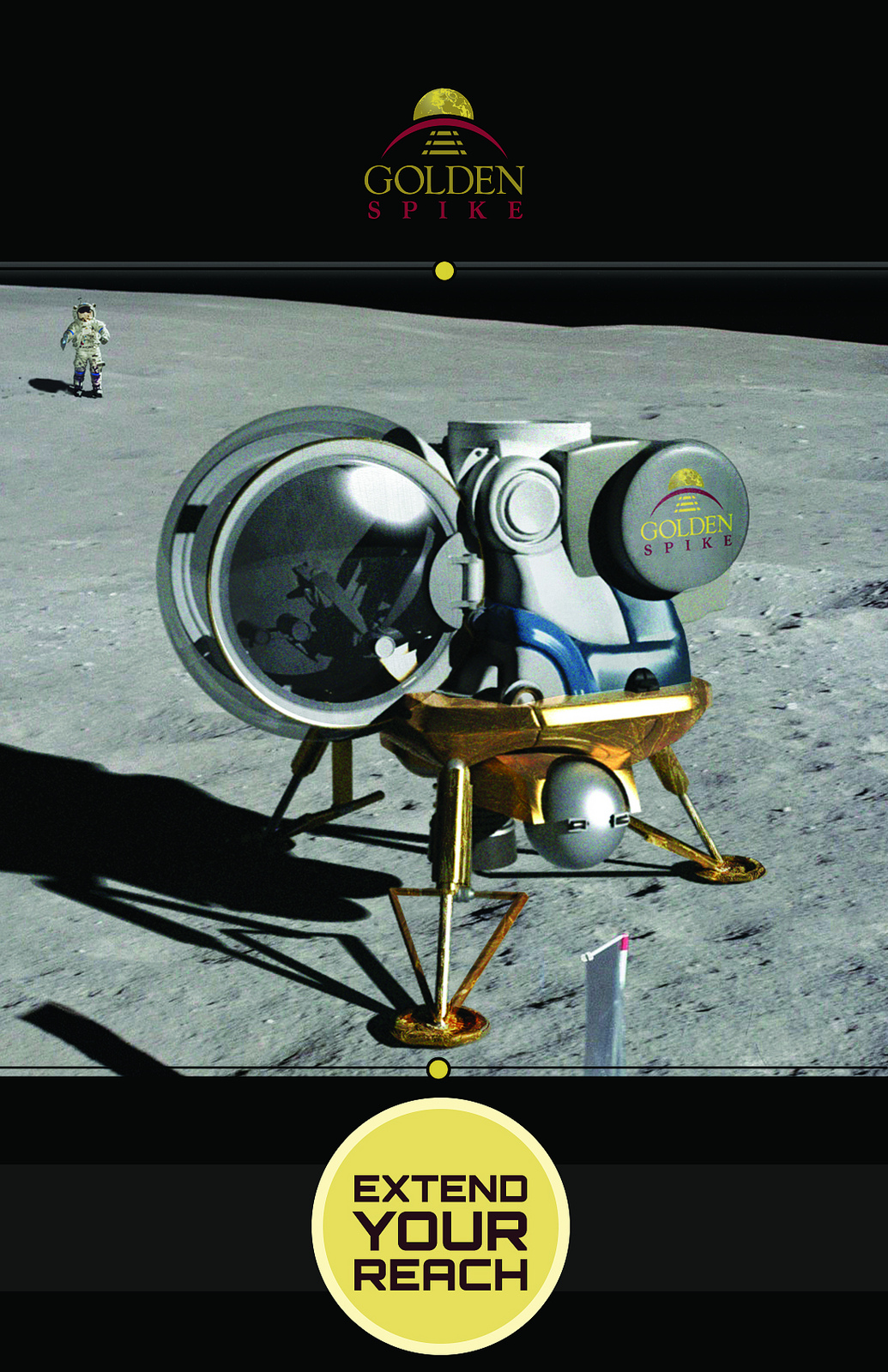
A company called Golden Spike plans to start flying roundtrip missions to the moon by 2020. The firm will charge $1.5 billion for each mission, which will land two astronauts on the lunar surface and return them safely to Earth. [How Golden Spike's Moon Landings Will Work (Infographic)]
NEXT: Excalibur Almaz Space Stations
Excalibur Almaz: Back in the U.S.S.R.'s Equipment
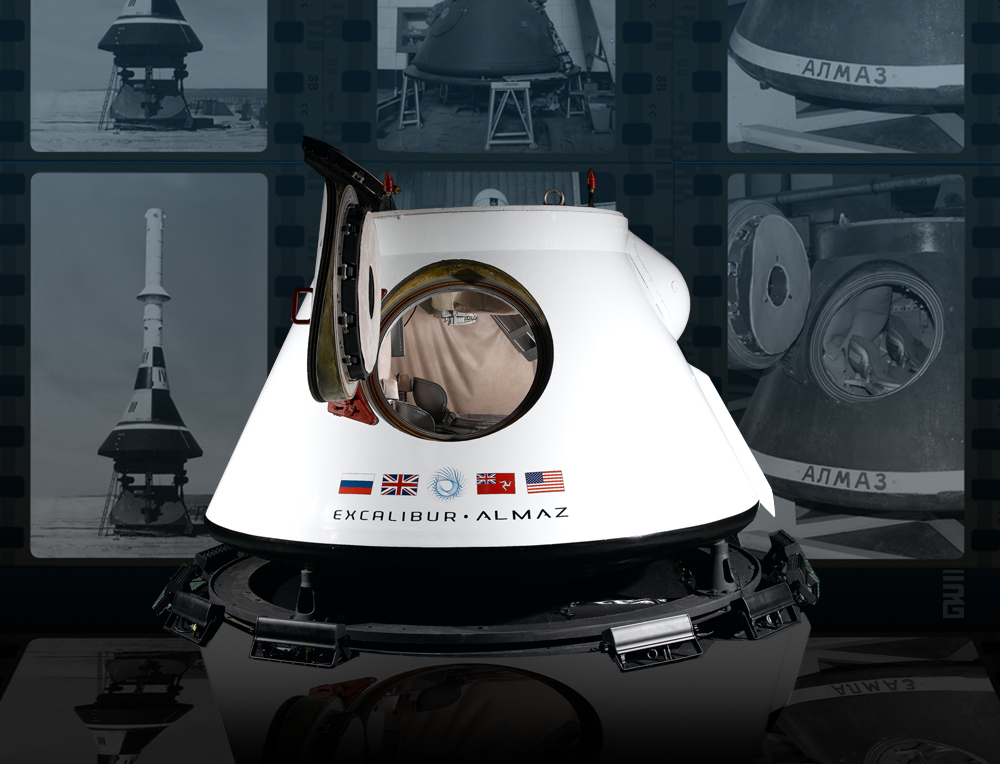
Excalibur Almaz, located on the Isle of Man, took the bold step of purchasing Soviet-era spacecraft from Russia to retrofit into vehicles for trips around the moon. So far the company owns four Soviet Almaz program three-crew capsules and two Salyut-class space station pressure vessels. [Gallery: Private Space Stations of the Future]
NEXT: Shackleton Energy Company & the Moon
Shackleton Energy Company: Let's Work
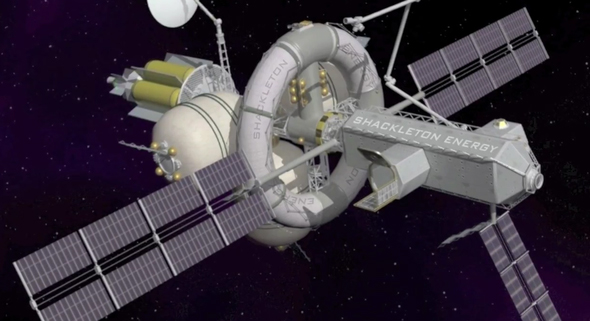
Unlike the space tourism companies, Texas-based Shackleton Energy Company intends to mine the water ice in permanently shadowed lunar craters. Shackleton wants to convert this ice to rocket fuel , then sell the propellant from in-space "gas stations." [Gallery: 3D-Printing Future Moon Bases]
NEXT: Google Lunar X Prize Competitors
Google Lunar X Prize Competitors: Space Race
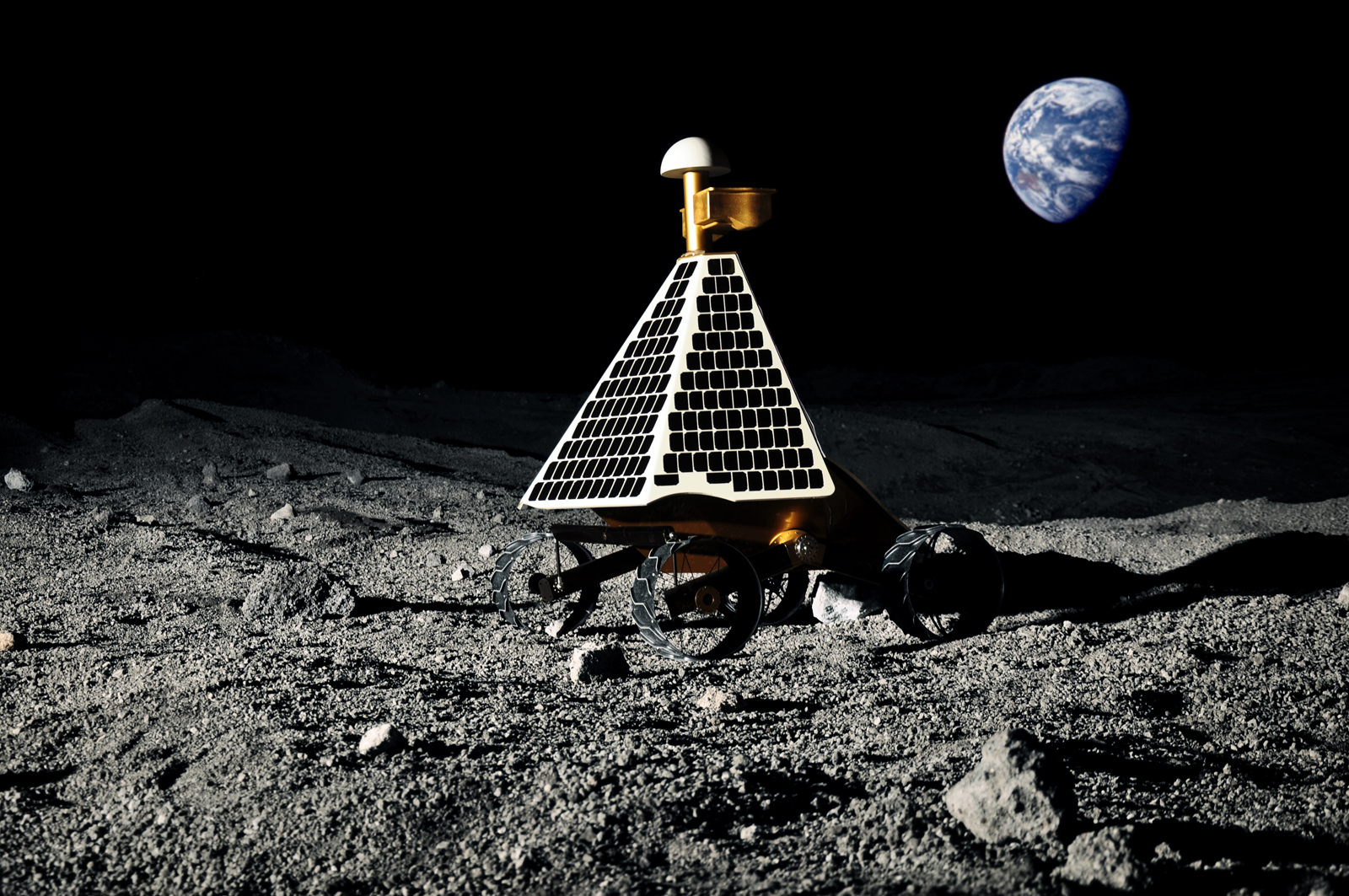
The Google Lunar X Prize challenges teams to land a robot on the lunar surface, have it travel at least 1,650 feet (500 meters) and send data and images back to Earth. 23 teams currently seek $30 million in prize money. [Gallery: Meet the Google Lunar X Prize Teams]
Some of the Lunar X Prize teams aim to use the competition as a springboard to bigger things. Moon Express, for example, plans to extract resources from the moon eventually.
NEXT: Tapping Into Planetary Resources
Planetary Resources: Digging in the Dirt
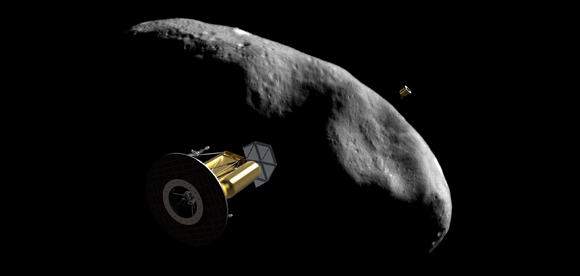
Planetary Resources plans to build a fleet of asteroid-mining robots. The company counts Google execs Larry Page and Eric Schmidt among its financial backers, and its co-founders, Peter Diamandis and Eric Anderson, are pioneers in the private spaceflight industry. [Gallery: Planetary Resources' Plan for Asteroid Mining
NEXT: Bigelow Aerospace's Inflatable Space Modules
Bigelow Aerospace's Inflatable Space Modules
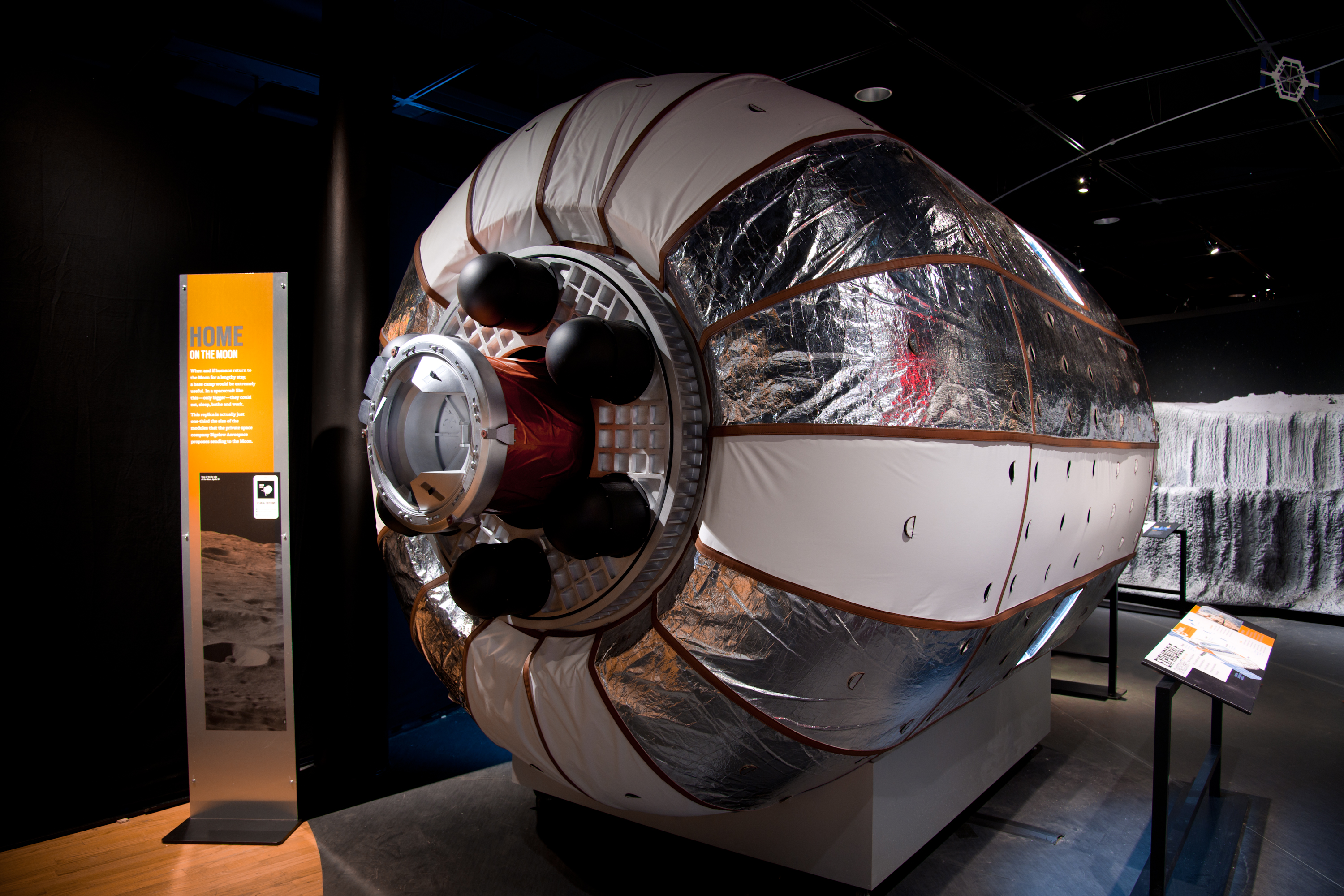
The Las Vegas-based Bigelow Aerospace has set its sights on privately built space stations made of inflatable modules that could form the core of a deep-space exploration fleet. The company has already flown two unmanned prototype modules, called Genesis 1 and Genesis 2, and signed a $17.8 million deal with NASA to provide an inflatable room for the International Space Station as a demonstration of its technology. [Gallery: Private Space Stations by Bigelow Aerospace]
Company founder Robert Bigelow has also unveiled a grand vision for Bigelow Aerospace's spacecraft, a plan that would use the inflatable space rooms as a potential deep-space outpost near the moon, or even a manned base on the lunar surface.
NEXT: Asteroids and Deep Space Industries
Deep Space Industries: Firefly
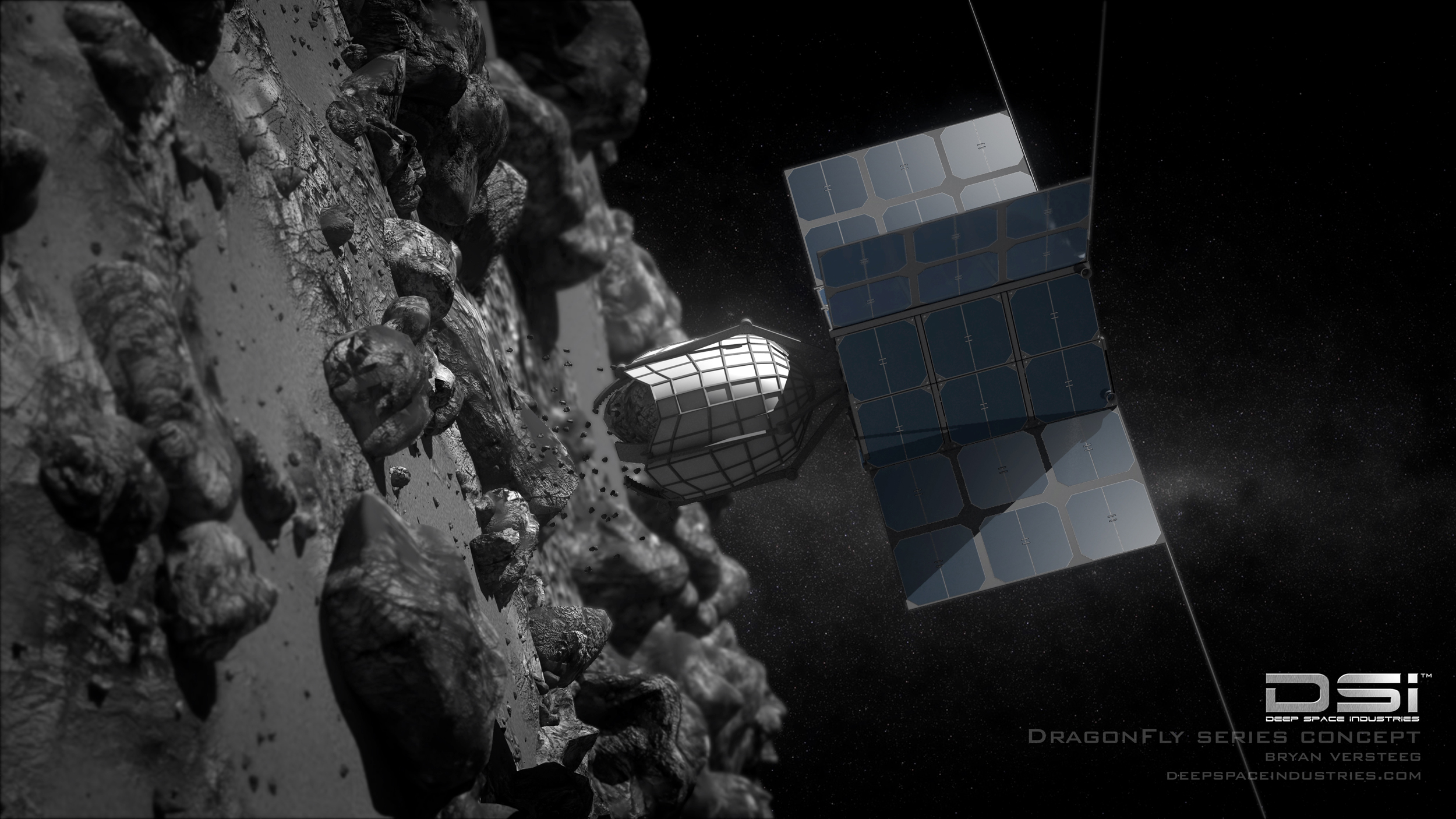
Deep Space Industries is the brainchild of private space veterans Rick Tumlinson and David Gump, among others. DSI follows Planetary Resources in the jump into the asteroid-mining gold rush. The company plans to start with a fleet of small, unmanned spacecraft called Fireflies in 2015 to assess nearby space rocks' stores of water, hydrogen and other volatiles, as well as metals. [Gallery: Asteroid Mining by Deep Space Industries
NEXT: B612 Foundation to Protect Earth
B612 Foundation: Scoping Out the Scene
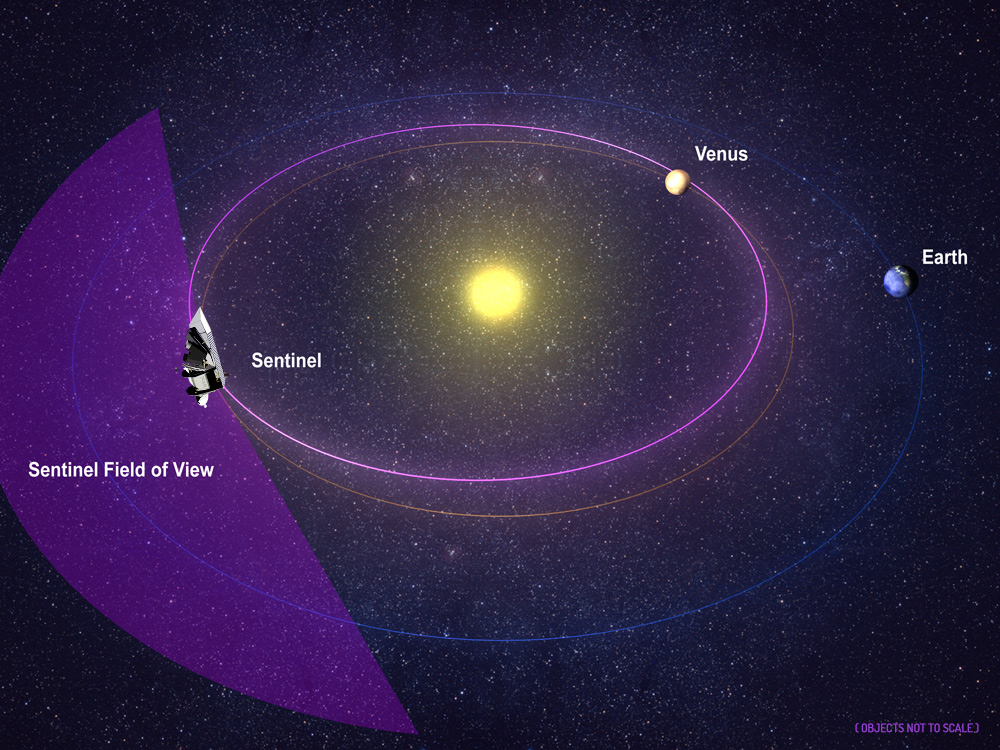
The B612 Foundation — which takes its name from the classic children's book "The Little Prince" — is building a private deep-space telescope called Sentinel, which is slated to launch in 2018. Sentinel should find 500,000 near-Earth asteroids in less than six years of operation, B612 officials say. Former NASA astronaut Ed Lu serves as chairman and CEO of the nonprofit organization.[Sentinel Space Telescope Asteroid Mission in Pictures]
NEXT: Inspiration Mars
Inspiration Mars: Married to the Mission
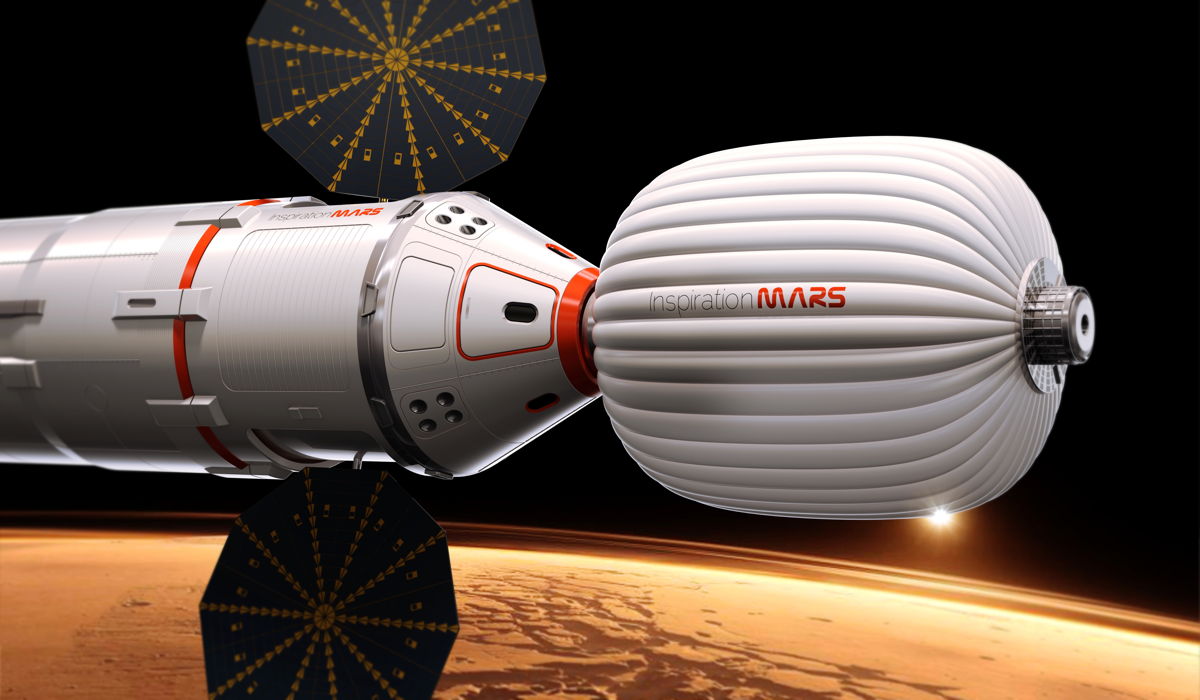
Original space tourist Dennis Tito spearheads the nonprofit Inspiration Mars Foundation's "Mission for America," which aims to launch two spaceflyers (preferably a married couple) on a roundtrip Mars journey in January 2018. [Inspiration Mars: Private Mars Voyage in 2018 (Gallery)]
The spacecraft would just fly around the Red Planet, not touch down.
NEXT: SpaceX's Red Dragon Mars Flight
Join our Space Forums to keep talking space on the latest missions, night sky and more! And if you have a news tip, correction or comment, let us know at: community@space.com.
Get the Space.com Newsletter
Breaking space news, the latest updates on rocket launches, skywatching events and more!

Space.com is the premier source of space exploration, innovation and astronomy news, chronicling (and celebrating) humanity's ongoing expansion across the final frontier. Originally founded in 1999, Space.com is, and always has been, the passion of writers and editors who are space fans and also trained journalists. Our current news team consists of Editor-in-Chief Tariq Malik; Editor Hanneke Weitering, Senior Space Writer Mike Wall; Senior Writer Meghan Bartels; Senior Writer Chelsea Gohd, Senior Writer Tereza Pultarova and Staff Writer Alexander Cox, focusing on e-commerce. Senior Producer Steve Spaleta oversees our space videos, with Diana Whitcroft as our Social Media Editor.
